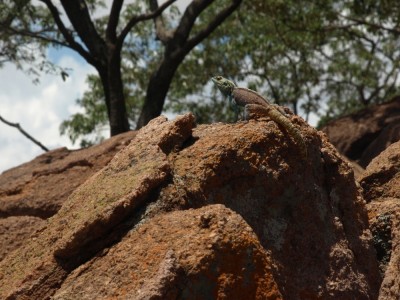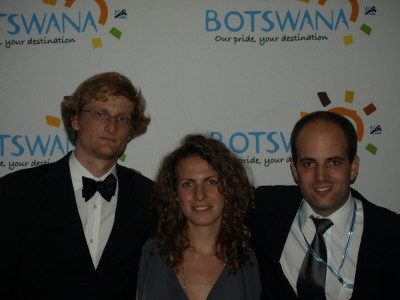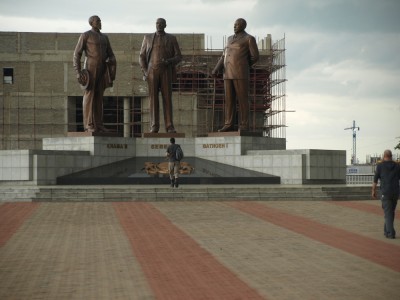Good morning Africa!
 Botswana is big. It has about the same size as France but is inhabited by only two million people. In 1985 the life expectancy of the Botswana was well above 60 years. Today, with every fourth person being infected with HIV it has dropped to below 40. It was one of the poorest countries in Africa when it gained independence from the British in 1966, today it ranks with members of the European Union like Lithuania, Bulgaria or Croatia.
Botswana is big. It has about the same size as France but is inhabited by only two million people. In 1985 the life expectancy of the Botswana was well above 60 years. Today, with every fourth person being infected with HIV it has dropped to below 40. It was one of the poorest countries in Africa when it gained independence from the British in 1966, today it ranks with members of the European Union like Lithuania, Bulgaria or Croatia.
Especially the recent growth in wealth comes from the soaring mining industry which contributes 50% to the fiscal income of Botswana. Surprisingly the government of Botswana spends most of that on its universities, 10% of GDP in total. Full university subsidies are given, however only to the best in class. The 31st World Universities Debating Championships were apparently the largest event in the history of Botswana, and even though their lack of experience to deal with such crowds (approximately 1200 people showed up) was sometimes annoyingly visible, it was a functioning, likeable event.
Austria was represented through Debattierklub Wien, sadly currently the only Austrian debating society to attend international English BPS tournaments. Christoph Jäger and Leonhard Weese formed “Wien A” while Rosie Halmi came as an adjudicator. Luckily we were spared all the hassle and troubles with delayed flights, missing buses, lost luggage and visa issues that so many of our colleagues had but were nonetheless exhausted when we arrived after having changed planes three times on our way to Botswana.

Despite it being summer, the heat was quite bearable and the heavy but short rains of the rainy season didn’t kick in until later that week. After one day of briefings, missing adjudication tests and a fun session of pre-council, the debates started. While Rosie got to judge very good rooms Wien A quickly descended to the bottom of the tab, finishing the day with an unlucky two points after a horrible third round with useless feedback and a frustrated panel around a young judge from Monash, the later winning institution.
We were a lot luckier on day two when we not only met teams speaking a proper and understandable English but were also lucky enough to be judged by decent chairs and wings. We finished the day on a total of 7 points.
The closed rounds went even slightly better, despite being again binned by our favorite judge, although we may have deserved it that time. We later ended up in a break room with the later quarter finalists Koc A from Istanbul (the hosts from Worlds 2010) opposite of us. Although we got 2nd it was not enough to break. We missed the break on speaker points.
Break night was good, although we were disappointed with the quickly disappearing “unlimited” free beer. As with food it seemed the hosts simply had no overview how much debaters actually can drink and eat.
New year’s day was great for Rosie and Christoph, who enjoyed the local scenery hiking and getting impressed by baboons while Leo had the honor of representing Austria at a full day council meeting, beautifully located on a hill in a natural reserve. Berlin was (also by Austria) granted to host the World Championships in 2013 while the so wildly disputed registration and break reforms for upcoming world tournaments where in the end without any outcome.

Monash in the end won the world title, Haifa (with Vienna IV’s judge Michael Shapira) won in the category ESL and Tokyo in the category EFL, all from first proposition.
The large amount of non European teams in the ESL and EFL break was greatly appreciated and showed how well debating has spread across the globe.
Good morning, Africa! As the entire world still sees Africa as a war-ridden futureless poverty house. The impressions Debattierklub Wien made were different. Not only commercial Botswana seems on the rise, supported by Chinese construction companies and small private enterprises run by local young women and men, but more importantly the many Botswana debaters are full of optimism and pride for their growing country and university. Of course, many dream of studying and working in Western Europe and the United States, but it is not a fear and disgust of local governments that drive them away, but rather a comfortable confidence.
The image we got from debaters from Zimbabwe, Kenya or Namibia is not as stunning as from the locals in Botswana, but the students definitely all look into a prosperous future.
–
Motions:
Round 1: THBT national sporting teams should reflect the diversity of the national population
Round 2: THBT all countries should have the right to possess nuclear weapons
Round 3: THBT governments should not provide benefits on the basis of marital status
Round 4: THBT independent central banks should set limits on government spending
Round 5: THW prioritize asylum seekers who have engaged in armed struggle against oppressive regimes
Round 6: THW deny Teachers Unions the right to strike
Round 7: THW require individuals to reveal their actual identity when communicating on the internet
Round 8: THBT the Southern Africa Development Community should pursue political union
Round 9: THBT social movements should use the courts rather than the legislature to advance social change.
EFL-Semis: TH supports a one state solution for the Israeli-Palestinian conflict.
EFL-Finals: THW give more votes to the poor.
ESL-Quarters: THBT domestic courts should try foreign nationals who commit war crimes abroad.
ESL-Semis: THW prefer that the children of racial minorities be adopted by parents of that race.
ESL-Finals: THBT courts should break up consistently dominant political parties.
Octos: THW buy countries’ votes in international organizations.
Quarters: THBT courts should not enforce wills that discriminate on the basis of race.
Semis: This house opposes organized religion.
Finals: This house would invade Zimbabwe.
Note: The finals were broadcasted life on local television for the first time in the history of worlds.
Leonhard Weese /msi


